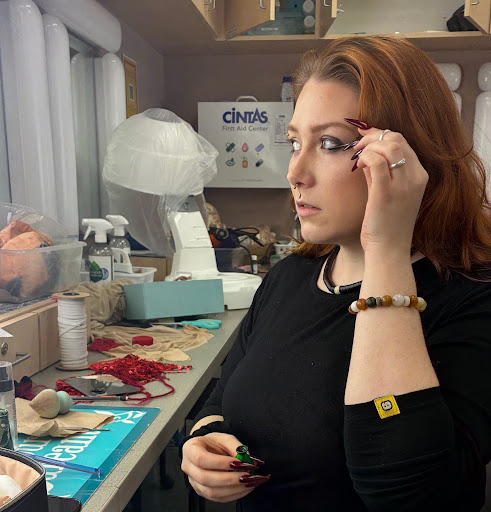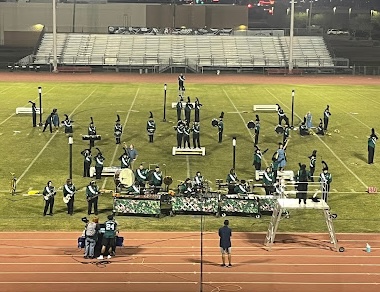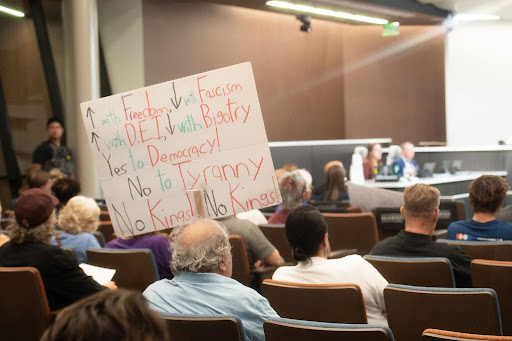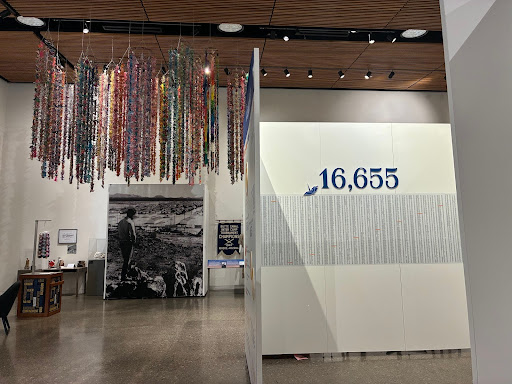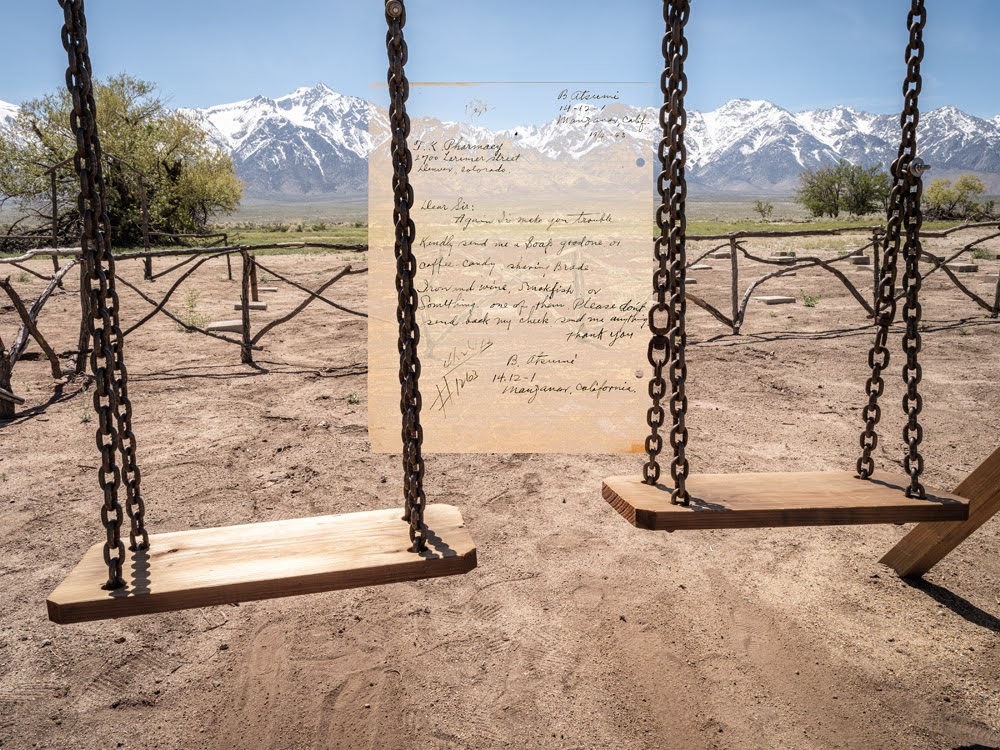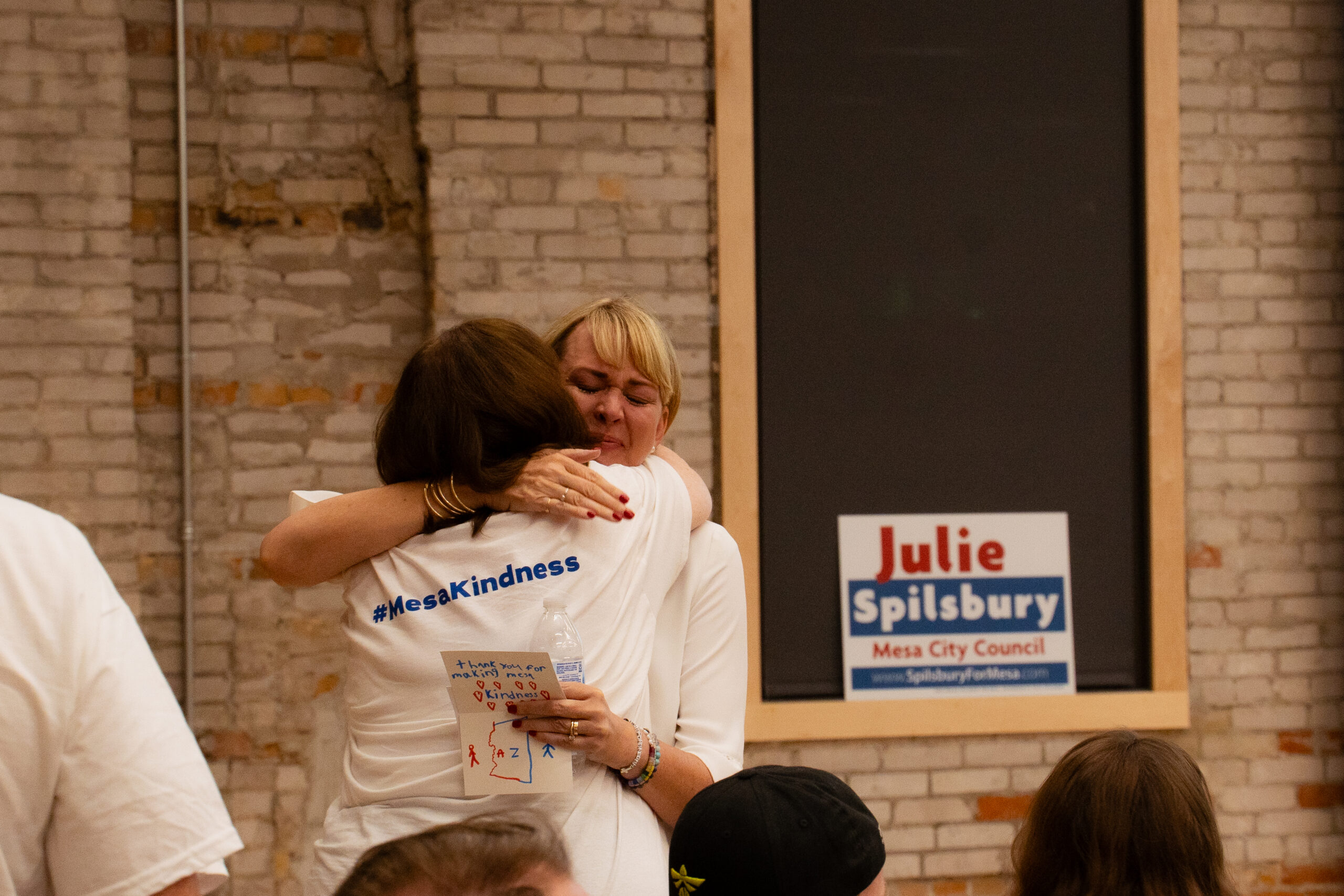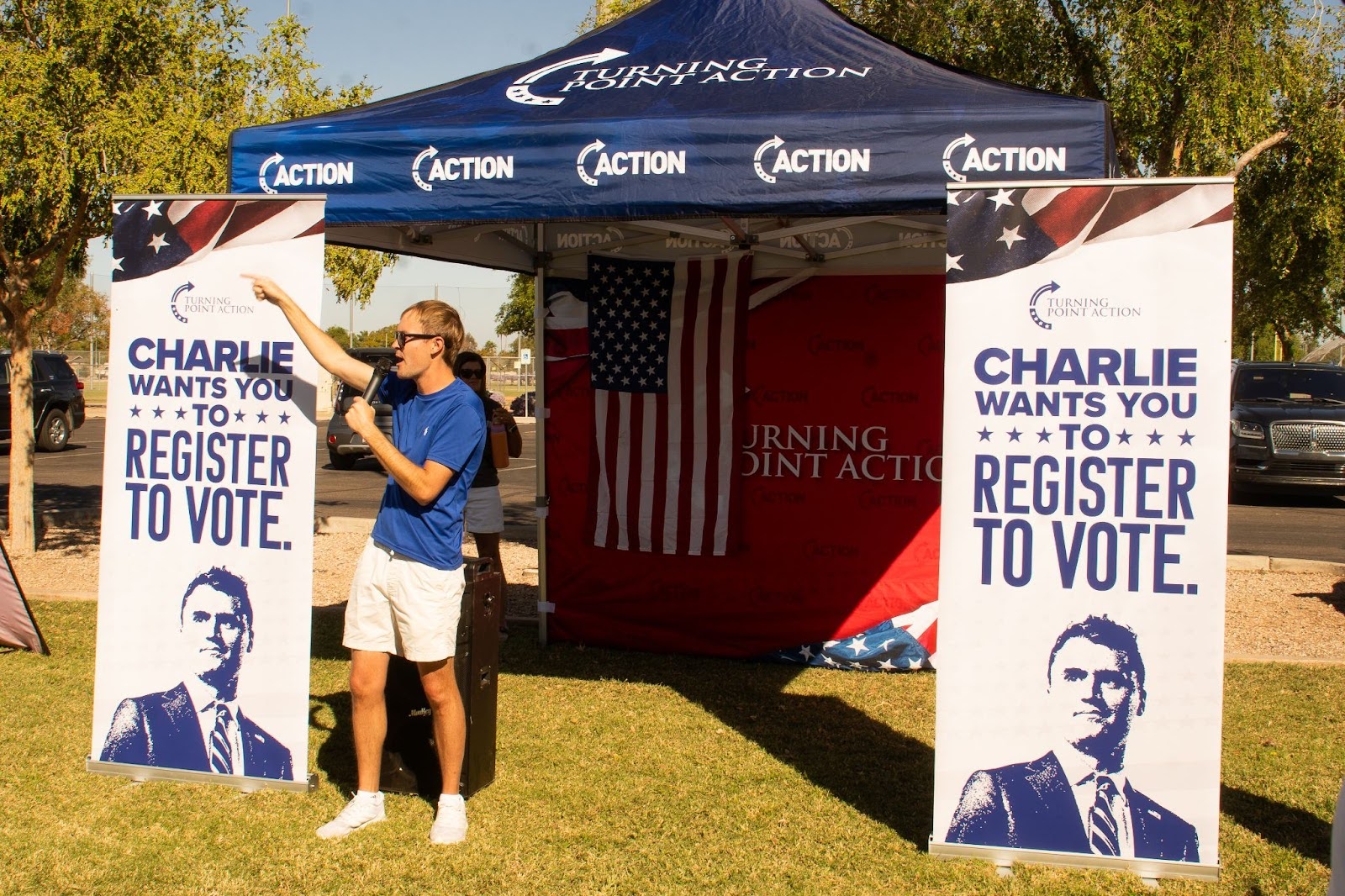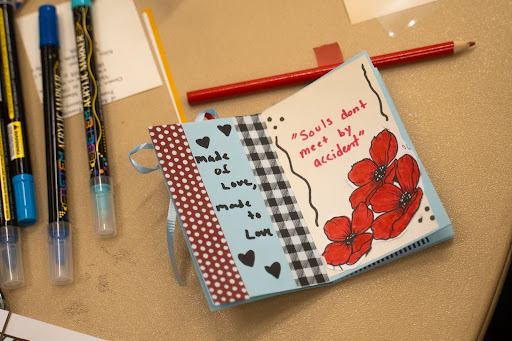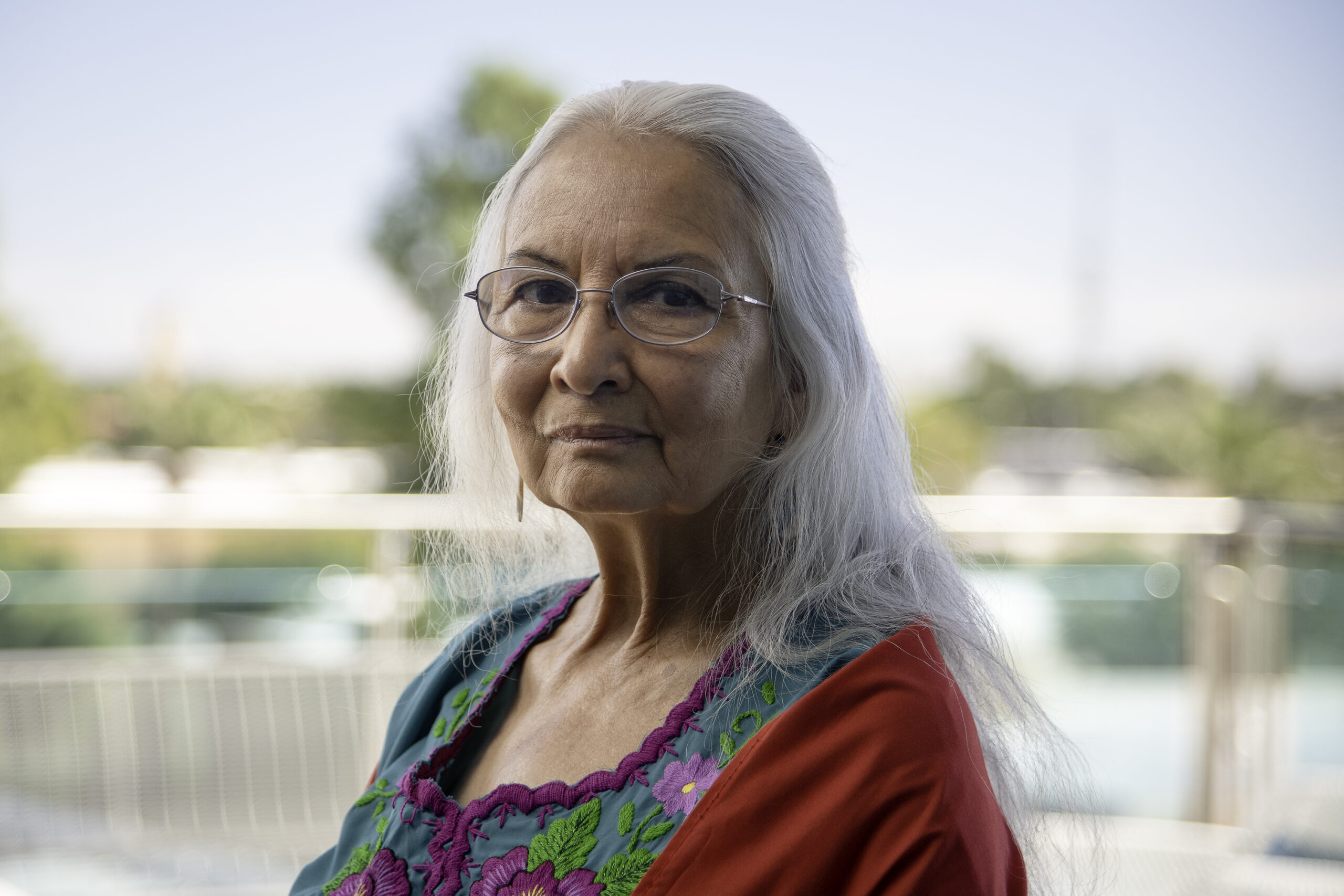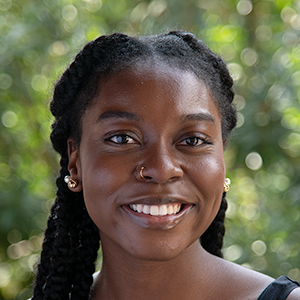Mesa Community College professor invites Native guest speaker
Mesa Community College sociology professor Mona Scott Figueroa and the American Indian Institute held the Activism in the American Indian Movement on Nov. 15 for Indigenous People’s Month in November.
“A lot of students don’t know what it means to be an activist. You must have leadership skills to be able to do all of these things,” said Figueroa.
According to Figueroa, Activism in the American Indian Movement was an important event to have because the firsthand accounts of Native perspectives show the other side of important stories in history that may have not been told.
“This is another story where the narrative must be heard,” said Figueroa.
Figueroa initially stated she wanted to bring her students to the speaker Alida Montiel to speak in Montiel’s home, but Montiel wanted to come to MCC to share her story.
One word Figueroa used often when speaking about the planning of this event was the word organically. According to Figueroa, the Activism in the American Indian Movement event fell in her lap.
Figueroa connected with one of her students and ended up meeting her student’s family, from there they connected and had a smooth planning process for this event.
Activism in the American Indian Movement was an informative event to address the details of the American Indian Movement not only in Arizona, but across the United States. A member from the American Indian Movement spoke.
Alida Montiel, a member of the Yaki Tribe, was involved in the American Indian Movement that began in 1968.
Montiel discussed life events that occurred during her active time in the American Indian Movement. Some of the events that occurred were in the 1960s. She talked about how she, and other Natives, fought to gain rights for Native people across the United States.
“My older sister and I began to be involved in demonstrations and we would help organize them,” said Montiel, “It got so intense we would do walkouts.”
Montiel told the story of her involvement in pushing for high school students to have the accessibility to learn about Ethnic Studies from different perspectives. This was Montiel’s earliest memories of her involvement in activism.
Montiel said she and other students fought to get classes such as Chicano Studies, African American Studies, and American Indian Studies.
Montiel further discussed her time after graduating high school and joining the White Roots of Peace. They were a group that was also known as the Traditional Indian Unity Caravan, and they would drive around the United States to reservations and help fight for the rights of Native people across the country.
“We would go to these communities and spend the mornings listening to traditional teachings and then in the afternoon we would hear from the community,” said Montiel.
According to Montiel, her experience as a newspaper editor in high school helped her research and know how to find information. She shared that at the time, the only way to get news was at the library through research.
“I just started learning, absorbing, and becoming better informed,” said Montiel.
A story the Montiel discussed was when she and other Indigenous people were charged with transportation of federal documents and littering after she and others were in a serious car accident in Oklahoma. This was one of many stories that she had when she was with the Traditional Indian Unity Caravan.
“I came to and opened the van door wide open, and I could see my relatives out there, my sister was pretty injured,” said Montiel.
According to Montiel, she also participated in demonstrations and even communicated with other Natives at different reservations when the FBI and U.S. Marshals would show up to arrest and shoot at Natives on the land.
“Some people picked up the shell casings that were on the ground and keep them as souvenirs. I didn’t,” said Montiel.
Alida Montiel’s story is one of many. Figueroa hopes to bring more events such as this to MCC to give the MCC community more firsthand accounts of Native stories.
“We need these messages so we can also inspire young people to learn more about history, to hear a different narrative, and to know that you can take action and make change in your society,” said Figueroa.
This story was edited on 12/6/2022 to correct an error made at the time of publication.


